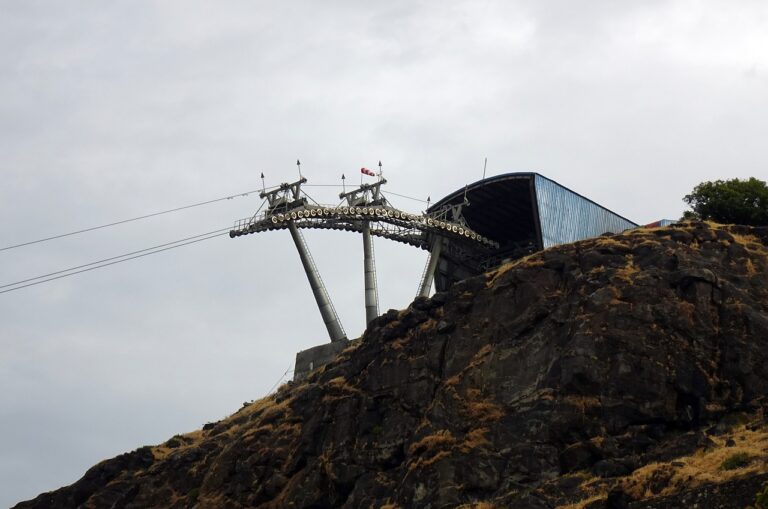Exploring the Role of Polling Station Staff in Countering Election Interference: 99 exchange, Laser247, World 777 betting
99 exchange, laser247, world 777 betting: Exploring the Role of Polling Station Staff in Countering Election Interference
Have you ever wondered about the behind-the-scenes work that goes into ensuring fair and transparent elections? While we often focus on the candidates and the voters, there is another crucial group that plays a significant role in countering election interference – polling station staff.
Polling station staff are the unsung heroes of the electoral process. They work tirelessly to set up polling stations, check voter registrations, issue ballots, and oversee the voting process. But their responsibilities go far beyond just facilitating the voting process. Polling station staff also play a critical role in detecting and preventing election interference.
In recent years, there has been growing concern about election interference, both from foreign actors and domestic sources. From spreading misinformation to tampering with voter registration databases, there are various ways in which bad actors can undermine the integrity of an election. Polling station staff are on the front lines of defense against such interference.
Here are some key ways in which polling station staff can help counter election interference:
1. Verifying Voter Identities
One of the most basic but crucial tasks of polling station staff is to verify the identities of voters. By checking IDs and ensuring that only registered voters are allowed to cast their ballots, polling station staff can prevent unauthorized individuals from voting.
2. Monitoring for Suspicious Activities
Polling station staff are trained to be vigilant for any suspicious activities during the voting process. Whether it’s someone trying to intimidate voters or tamper with voting machines, polling station staff are the first line of defense against such interference.
3. Reporting Irregularities
If polling station staff notice any irregularities or signs of interference, they are responsible for reporting it to the relevant authorities. Whether it’s a malfunctioning voting machine or a suspicious individual hanging around the polling station, prompt reporting can help prevent further interference.
4. Ensuring Transparency
Transparency is key to countering election interference. Polling station staff play a crucial role in ensuring that the voting process is transparent and that all rules and regulations are followed. By maintaining transparency, polling station staff can help build trust in the electoral process.
5. Assisting Voters
In addition to countering interference, polling station staff also help to ensure that the voting process runs smoothly for all voters. From providing assistance to voters with disabilities to answering questions about the voting process, polling station staff are there to support voters throughout the day.
6. Securing Ballots
Once the voting process is complete, polling station staff are responsible for ensuring that all ballots are secured and accounted for. By maintaining the integrity of the ballot box, polling station staff can help prevent tampering or manipulation of the election results.
In conclusion, polling station staff play a crucial role in countering election interference and ensuring the integrity of the electoral process. Their dedication, vigilance, and commitment to upholding democratic values are essential in safeguarding the integrity of elections.
FAQs
Q: How are polling station staff trained to counter election interference?
A: Polling station staff undergo training on identifying signs of interference, reporting irregularities, and ensuring transparency in the voting process.
Q: What can voters do to support polling station staff in countering interference?
A: Voters can cooperate with polling station staff, follow the rules and regulations, and report any suspicious activities they observe during the voting process.
Q: What measures are in place to prevent election interference at polling stations?
A: Polling stations are equipped with security measures, such as surveillance cameras and emergency protocols, to prevent and respond to interference attempts.







